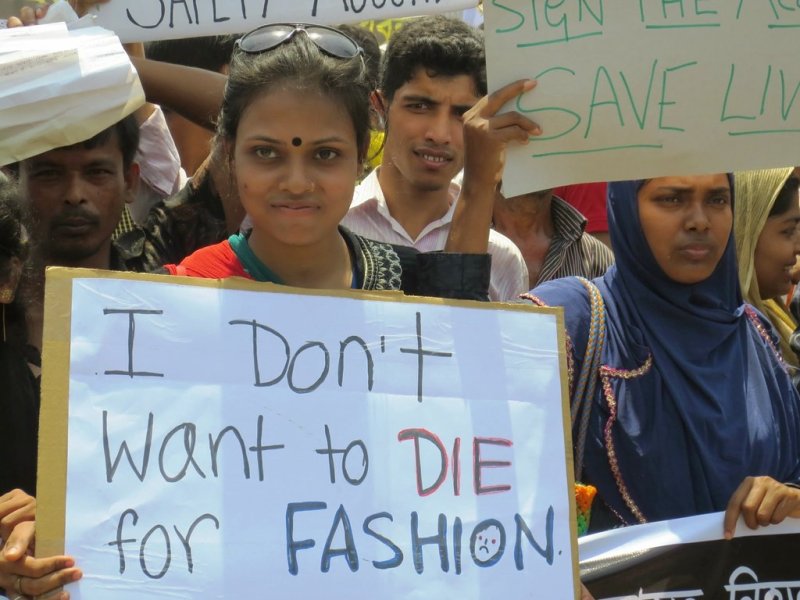
While Bangladesh may not appear to be a major player on the bilateral FTA front, it is currently under many pressures and involved in various discussions:
– The government was dealt harsh arrangements from the EU in the two parties’ trade and development cooperation agreement of 2001, through which Dhaka accepted WTO-plus demands from the EU, for instance to allow corporate monopoly rights over seeds (patenting);
– The government was in controversial talks with the US over a Trade and Investment Framework Agreement, a preliminary to a possible FTA with Washington; but decided not to sign one in 2010 after several years of discussions. The US subsequently asked Bangladesh to sign a Trade and Economic Cooperation Forum deal, but this has not yet been signed;
– India has been pushing for a bilateral FTA with Bangladesh, but the World Bank has made clear that India would benefit more;
– Pakistan has been pushing for an FTA with Bangladesh as well;
– Bangladesh, for its part, is interested in developing an FTA with China.
Apart from all these, the government is either negotiating or considering negotiating FTAs with Iran, Turkey, Bhutan, Malaysia, Morocco and Sri Lanka.
On a regional level, Bangladesh is a member of SAARC, which has its own FTA, as well as BIMSTEC, which also aims to develop one.
last update: May 2012
Photo: Solidarity Center/CC BY-ND 2.0





